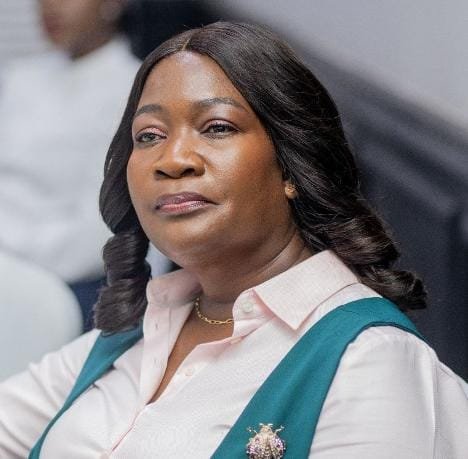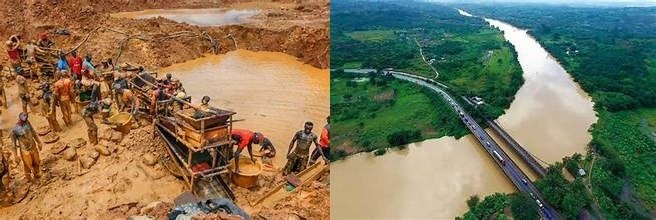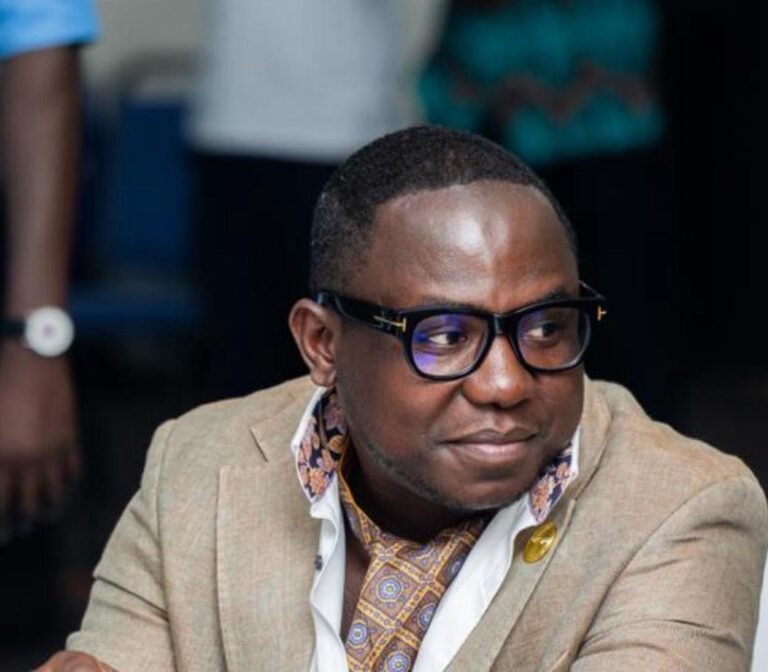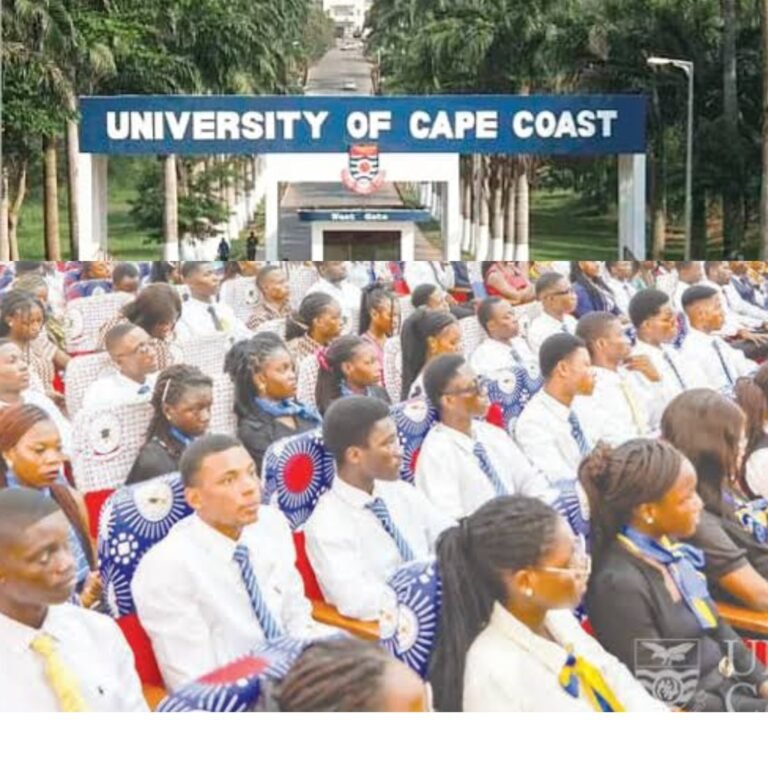
WHY POLITICAL PARTIES SEEK POWER
And why the people must be at the centre of that aspiration in 2024
Whether we like it or not, COVID-19 and the Russian invasion of Ukraine destabilized global economies. That naturally fed into collapse of most sectors. Particularly in our part of the world, the heat and impact may have made temporary ‘nonsense’ not only of our resilience rhetoric, but also hopes and aspirations.
If the almighty USA and the UK felt the pangs of the twin global scourge, who says naturally-fragile or emerging economies like ours wouldn’t totter? Yet, it is healthy political tonic on the part of your average opposition party to assert with all vehemence that COVID-19 didn’t touch our cassava, maize, locally-produced rice, onions from Zebilla and tomato from Afrancho and Akumadan; or pepper from Bimbilla and yam from Saboba and Salaga.
Expression of concern
When ordinary citizens in Belgium, France and UK, however, hit the streets, calling on their governments to intervene in the raging socio-economic impact that had affected energy, food and transport costs, none argued. Not even the experts could deny that the centre of the conflict and pandemic was uniting to pass on to the entire global community its cough on us poor nations to compel us catch the cold across the spectrum and from commodity to commodity.
Fortunately for us, a mix of grace in natural immunity and climate helped mitigate the force and venom of the pandemic that was eating up traditionally resilient Spain, China, France, US, India, Pakistan, Belgium, Germany etc.
“He that is down…”
So, we took the risks, including half measures in complying with the anti-COVID-19 safety rules. With tremendous effort from our institutions of health, we sailed the storm. From testing, tracing and treatment modules through sensitization programmes to vaccination, we could pat ourselves that we had made history our own small way.
If propagandist extraordinaire Christian Aggrey were around as he was in the days of the PNDC, I guess he would be all over the place praising the Chairman Jerry Rawlings regime to the loftiest heights. I still miss him, though I still recall his riposte to the then opposition about him being referred to as a sycophant, to which he replied on a platform I can’t remember: “You call me a sycophant… Yes, I accept that…how else can I serve Ghana in these time?” And that ended the debate. I still can’t understand why the NDC had not been using his services after Jerry Rawlings in flying their Catalysts or Palavers. He was such a force as Editor of the Ghanaian Times…
Fighting the pandemic was a huge risk as families – decent and pigheaded alike – developed their own strategies to get by. Informal economy actors from Makola, Agbogbloshie, through Kejetia and Asafo markets, to vegetable farm gates from Bimbilla into Burkina Faso and Mali ignored the threats and soldiered on. The lettered, cagey and pussyfooted, also stole out cautiously to their offices and returned home with ears cocked over reports on where the COVID-19 fatality figures were racing towards.
Nobody, at that point, queried our smart informal sector actors in the largely agrarian sector why they were selling to us Ghanaian – not Ukrainian or Russian foodstuffs – at exorbitant prices. It was the informal economy actors’ bonanza, and they had to cash on it. Unfortunately, two years into the COVID-19 and Russia-Ukraine conflict (Thank God, Poison Putin is freezing, for all his pretenses of Communist bravado), the prices of imported rice from Asia and locally-produced rice are getting higher by the day – without the opposition calling press conferences or nailing Agbogbloshie, Makola or Kejetia Queens. The pandemic is like kerosene; it infects its surroundings with cheeky ease.
Corruption fight
The corruption fight or rather lack of it (because the saga of tell-tale Audit Reports continue to fester) is giving the leading opposition National Democratic Congress huge opportunities to launch blistering attacks on government. Well, that is a matter of political right and advantage in a lawful contest for power in 2024.
From Galamsey Queen Aisha Huang, now infamously called Huang One, after the embattled trade in gold, the anti-government propaganda would rage on and on as long as we take the official complicity away from it. Added to that, recently or more relevantly, we must admit, is the confusion over the rollout of the GhanaCard.
Intriguingly, the conversation appears to be moving away from collaboration and coordination at the level of both state and non-state actors, including our Parliament, which should responsibly be moderating compliance and rollout. It is partisan diatribes in press conferences which have taken over, with the NDC and the Minority imputing intentions that cannot be real in a civil society healthy Ghana.
Whatever became of the IPAC partnerships in discussing crucial matters regarding management of the electoral processes in line with the Constitution and natural justice? Is it a case of crying wolf when there is no wolf? Is it the case that the rollout of the GhanaCard poses a threat to segments of the population which use their stronghold to engage in multiple registrations of any kind for purposes of political profit, and fears that the GhanaCard may stultify their grand schemes?
Whatever the real situation is, there is wisdom in ensuring that nobody or population segment, region or community and constituency is deliberately denied the services of being connected or given a GhanaCard as of right. In that, I don’t think any decent Ghanaian would need press conferences to shake a government from any seeming political stupor.
Special Prosecutor
I wish that the Special Prosecutor was faceless, like Kojo Tsikata – without the kind of press relations other appointees are compelled to court. That would, in my opinion, inspire some fear in thieving public officers in our state institutions. It is they and the chief accountants who sign cheque books and initiate the procurement processes, or play the roles of spending officers. It is not the politician, though in our ignorance we have consistently blamed it all on the politician. That is because he is seen as calling the shots or doing the job so he may take the glory for more doses of glory into the next elections.
The fact is that when a politician steals our monies, he may have been told by the technocrat how it could be done, without the act of fraud being easily noticed. If the thieving elements can guess your mood and read your [SP] movements, they’ll devise escape routes and design intricate loot programmes. When you, however, do a Kojo T, while picking people in Fiat Compagnolas, pinching even pennies would be difficult. Now that people know that the Auditor-General cannot bite or that before he would have looked over a whole year’s records critically, you would have retired and fled to Milton Keynes, we may bet that the next Audit Report would be untidiest, though we made enough noise about the current one, and hoped against hope that our Chief Directors et al would be Ghanaian than ‘Goro.’
‘Leg pulling’ for profit
When the National Liberation Council took power, it was clear that they were intervening to restore political and economic normalcy. When Kutu Acheampong and his band of unprepared colonels overthrew the government of the Second Republic, the coup was executed on the basis of parochial interests and convenience. Running a sustainable administration was an afterthought.
When Military Academy fingerlings Lts SB Arthur and Yeboah attempted to overthrow the NLC administration, the mission was to return Kwame Nkrumah to power, and when the Armed Forces Revolutionary Council blitzed the political turbulence of the mid-70s to overthrow Kutu Acheampng and General FWK Akuffo’s Supreme Military Council II, it was to return the country to civilian rule.
Political organisations or incumbent governments seeking power must have a programme for doing so. Most importantly, they must be able to understand the times in putting citizens and the larger good at the centre of all political activity. Acts of doublespeak on crucial matters like the scum of illegal mining in which we have collectively been caught doesn’t exhibit statesmanship. Particularly when a political party benefits electorally from it and encourages illegal mining in secret, while it rubbishes attempts to rescue the situation, the message we send is not that we love Ghana. That message is that we are mercenary and are seeking power for profit.
Again, when we agree that an identification system is necessary or an imperative in putting faces to economic activities or movement, the conversation about standards for implementation should be unified and engaging; indeed, inclusive and, in the national interest. Any other agenda exposes us as pedestrian and crooked; empty and renegade as leaders.
Wrong and right noises
When President JA Kufuor took Ghana from HIPC to a successful recovery and implementation of novel social protection initiatives in health and banking and finance, the world noticed it. When Ghana under Jerry Rawlings made history by eradicating guinea and restructuring the economy, the success story was noised abroad.
It is interesting how Dr Kwabena Duffuor’s success story in growing eight percent failed to excite the media then. Again, it is interesting how the claim about the NDC under Mahama punishing thousands of people for their involvement in galamsey failed to tick with the media then. That would have been a strong platform in rekindling advocacy and interest in a lawful fight against the raging scourge that today threatens our strategic cocoa industry.
Again, it is intriguing how the banking sector was allowed to degenerate, while we blame government for widespread acts of fraudulence today, which are associated with those acts of omission and commission recorded yesterday under another acquiescing, complicit administration.
For those of us who have an appreciation of development amidst the seeming chaos, rebound is still possible – even assured as, bit by bit, the chips fall into place, with government enjoying the support of global development agencies in rescuing the situation and handing over to itself gracefully in 2024.







